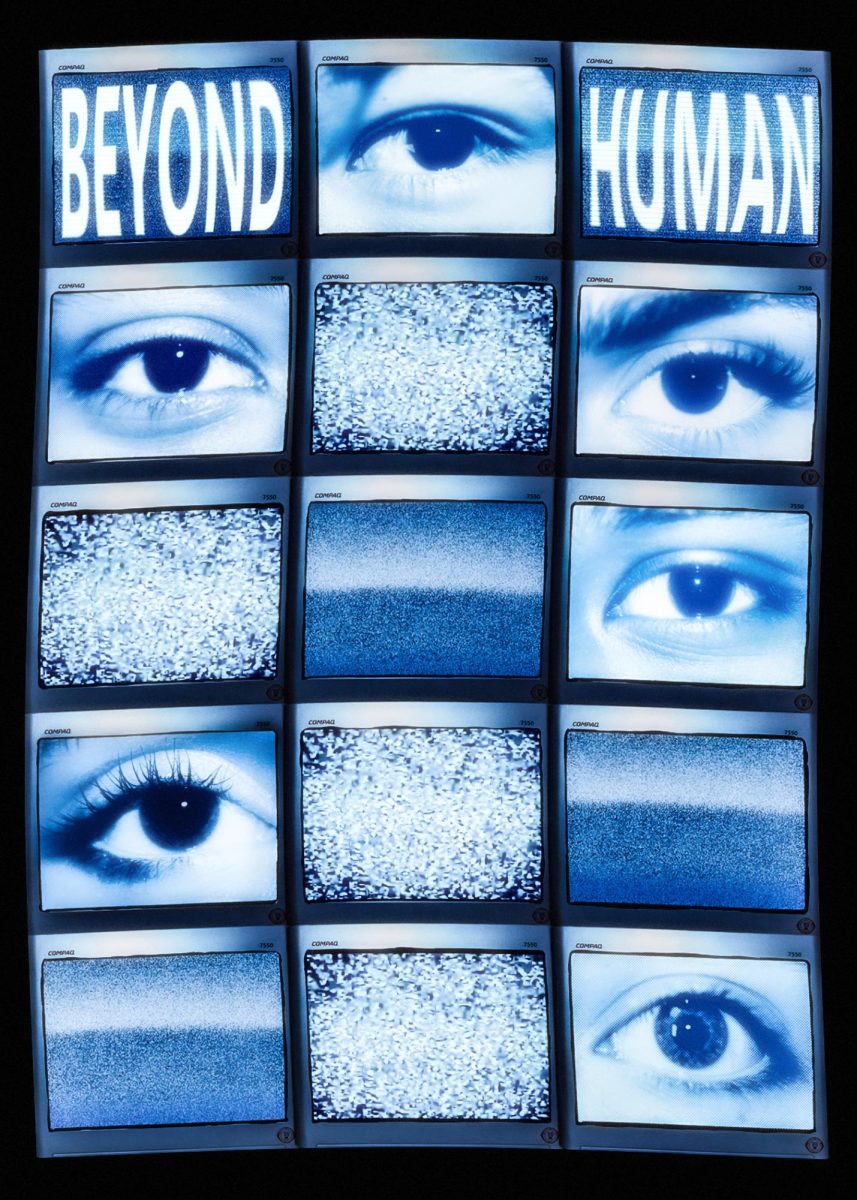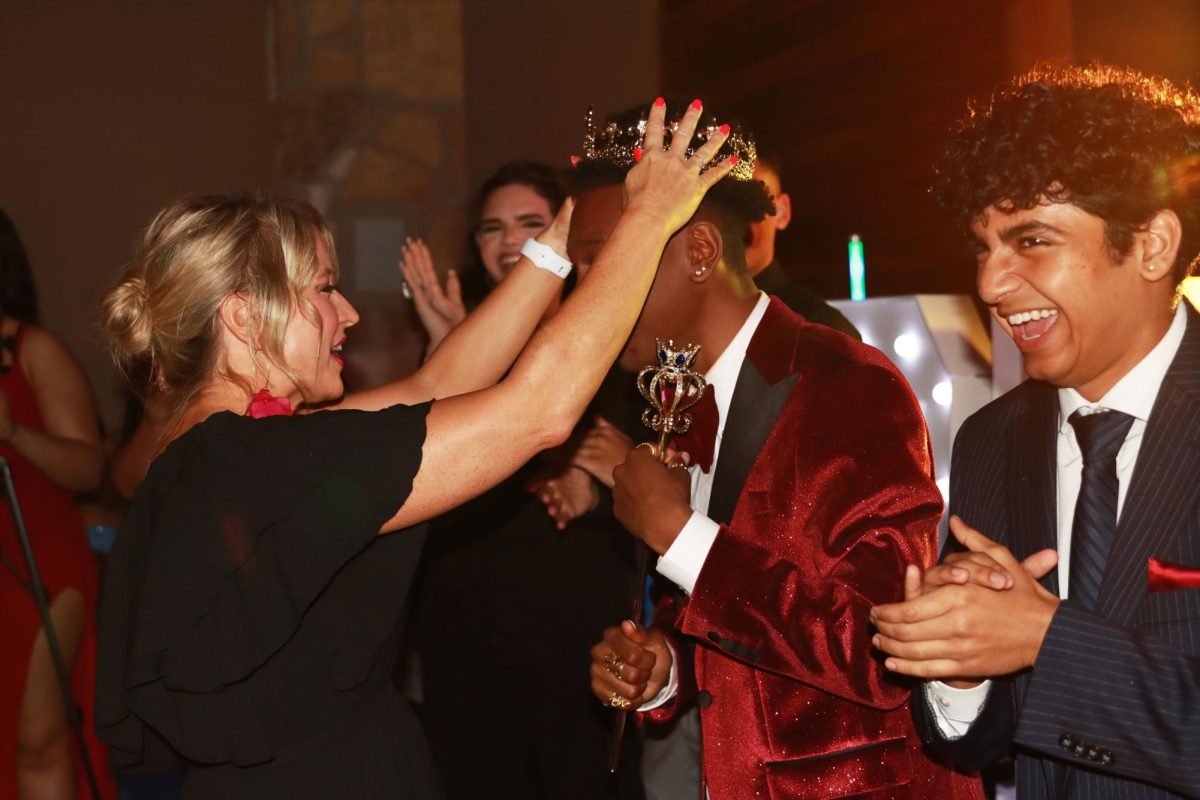Fans swarmed social media with excitement. Drake and The Weeknd collaborated. Fans were so mesmerized after the near 15 year wait, that the song was submitted for a grammy. This excitement soon turned into disappointment. This new collaboration was merely the work of AI.
Whether it’s scrolling on social media, flipping through different news channels or even just walking through the halls, AI, or artificial intelligence, has become an increasing topic of discussion at Heritage since ChatGPT ‘s launch in late November 2022. Students’ increased interest in learning these new applications forced teachers to figure out the networks as well.
“I think AI is heavily used today because as people acquire evolving schedules, they look for alternate and more efficient ways to perform routine tasks,” senior Sreenidhi Gowri, who studied AI for ISM, said.
While AI originally began in the 1900’s, becoming more used in the 1950’s, what AI is known as today is something completely different.
“I know what we are calling AI at the moment is not true AI; it is just an algorithm that is a little more intelligently written than a chat bot,” computer science teacher Mr. Patterson said.
Patterson then explained the recent 2017 Facebook project with advanced AI where they had to shut down 2 computers after they began communicating with each other using a language they created.
Furthermore, studies show in future years AI systems will become a more integral part of human-tech relationships as a more efficient and self supervised system.
While Patterson claims he knows AI “probably a little better than most,” he hasn’t used AI too often.
“To me, it still seems like a more advanced chatbot. I have played with ChatGPT a little, but I don’t really use it because it seems like it just pulls information from the internet and combines it in a little bit of an intelligible way,” Patterson said.
While Patterson hasn’t had a great experience with what is commonly known as AI today, Gowri has a different look as to what different AI sources she uses.
“I’ve used popular AI voice assistants like Google Home and Amazon Alexa as a convenient way to perform certain tasks that require little to no effort,” Gowri said.
While Gowri finds AI rather convenient in her home setting, from a school standpoint fellow computer science teacher, Mr. Jarrell explains he has had a bit of a problem with the use of AI.
“I have caught several students attempting to complete their assignments with mixed results. It requires some finesse to use properly and it’s not the quick do-all students seem to think it is,” Jarell said. “The few codes I’ve tried to use it for were very simple or it just threw random Java-esque code out. The more difficult an operation is, the more specific an output needs to look and harder it is for a user to explain that to a computer.”
While Jarrell has seen AI, or ChatGPT, used as more of an inefficient tool for cheating throughout his classes, Gowri continued to give an alternative way of thinking.
“Most people often correlate ChatGPT with cheating, and while it has been widely regarded that way, I think ChatGPT can be used as a better alternative to Google and other popular search sources especially when it comes to answering analytical questions Google wouldn’t be able to comprehend,” said Gowri. “ChatGPT and similar chatbots can serve as a source to help us better comprehend a complex topic in a more conversational manner, and answer questions in a way Google wouldn’t be able to.”
Although Gowri sees this tool as beneficial and long lasting, Jarrell describes the tool as temporary, almost similar to a trend.
“ChatGPT is just the most well-known current shiny toy. Something else will eventually come along, replace it, make it obsolete or regulations may make it illegal/improper to use unless under specific circumstances,” said Jarell. “It’s mimicking the abilities and skills of a human being and so when the inevitable progress needle jumps, do [students] want to be masters of a single tool, or be experienced in the skill the tool aided with?”







